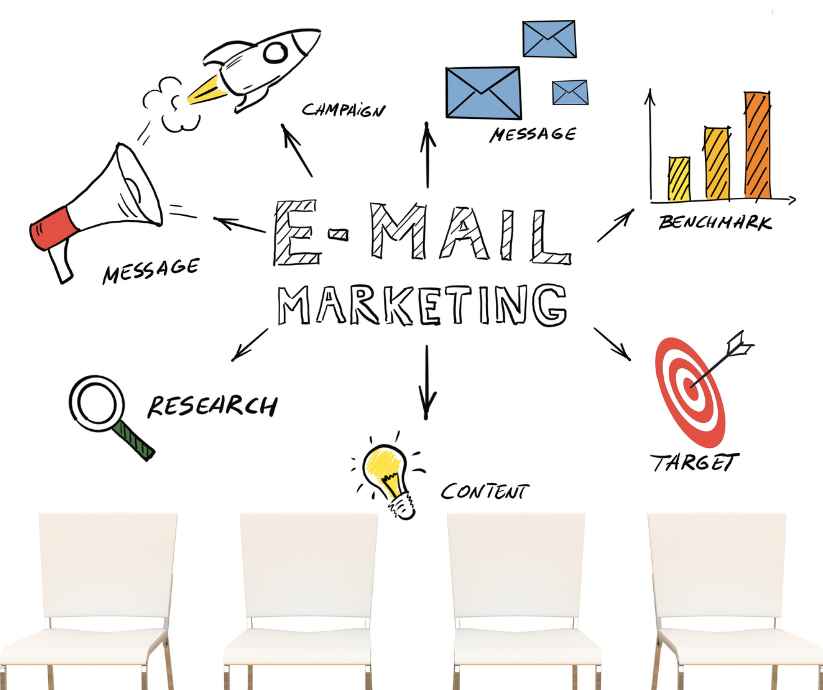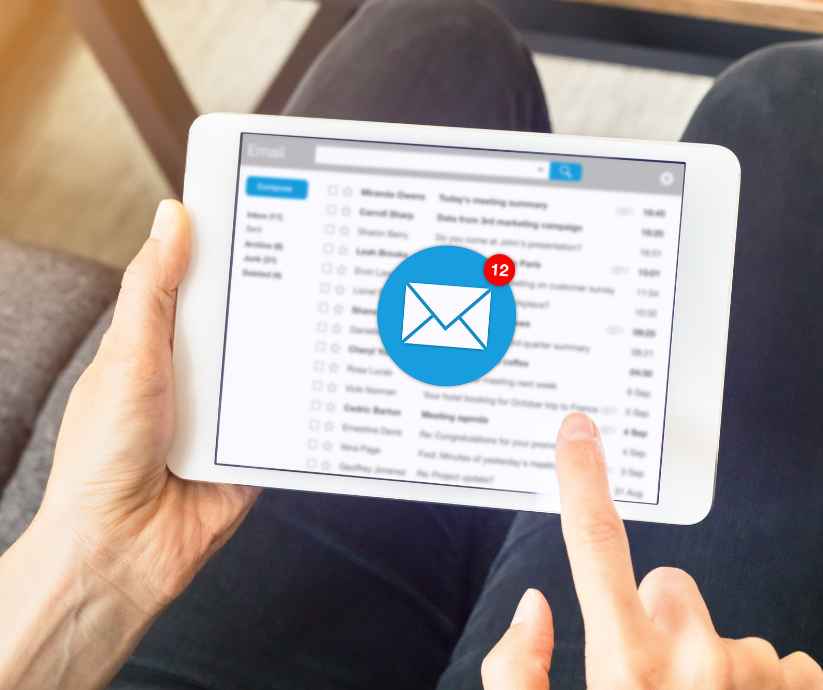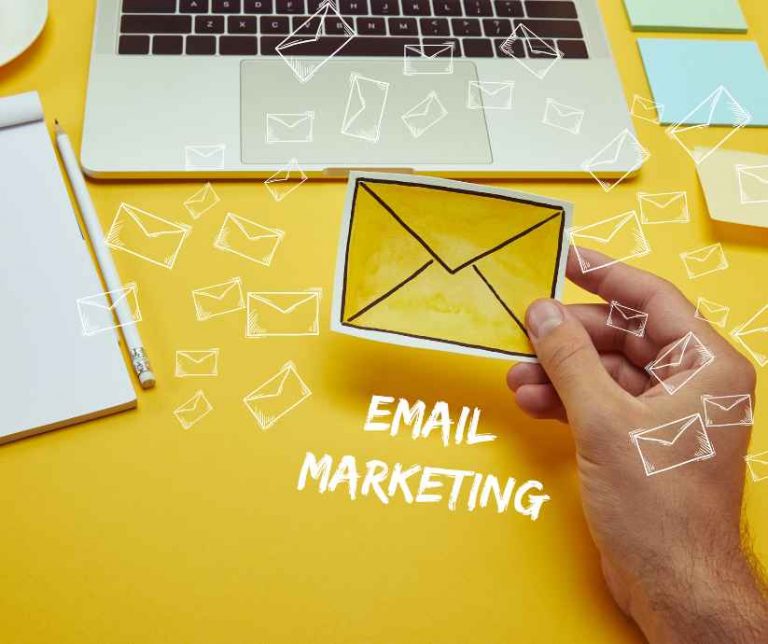The Power of Email Marketing: Unlocking Success in the Digital Era
In today’s digital age, where technology reigns supreme, email marketing has emerged as a potent tool for businesses to connect with their target audience. Despite the rise of social media and other digital marketing channels, email marketing remains a highly effective strategy for driving engagement, building brand loyalty, and generating valuable leads. In this article, we will delve into the world of email marketing, exploring its benefits, best practices, and how businesses can leverage its power to achieve remarkable success.
Email marketing continues to be a crucial component of the marketing mix for several compelling reasons. First and foremost, it offers a direct line of communication between businesses and their customers, allowing for personalized and tailored messaging. With email, marketers can reach their audience at their convenience, delivering targeted content that resonates with their specific needs and preferences.

Furthermore, email marketing provides an excellent return on investment (ROI). According to the Data & Marketing Association, for every $1 spent on email marketing, the average ROI is $42. This exceptional ROI stems from the low costs associated with email campaigns compared to traditional marketing methods, such as print advertisements or direct mail.
1. Define your objectives: Clearly establish the goals of your email marketing campaign. Are you aiming to increase website traffic, boost sales, or enhance customer loyalty? Defining these objectives will help guide your content creation and overall strategy.
2. Segment your audience: Personalization is crucial for successful email marketing. Divide your subscriber base into distinct segments based on demographics, interests, or purchasing behaviour. This segmentation allows for targeted content and improves engagement rates.
3. Craft compelling content: Create valuable and engaging content that speaks directly to your audience’s needs and interests. Provide relevant information, exclusive offers, and personalized recommendations to keep subscribers interested and motivated to take action.
4. Optimize for mobile: With the majority of emails being opened on mobile devices, it’s essential to ensure that your email templates are mobile-friendly. Emails that are easy to read and navigate on smaller screens are more likely to generate positive responses.
5. Test and analyze: Constantly monitor and analyze the performance of your email campaigns. A/B testing different subject lines, layouts, and calls-to-action can provide valuable insights into what works best for your audience.

To enhance the effectiveness of your email marketing campaigns, consider the following best practices:
1. Build a responsive and engaged subscriber list: Focus on growing your email list organically by offering valuable incentives, such as exclusive content or discounts, to encourage sign-ups. Avoid purchasing email lists, as this can lead to low engagement and potential spam complaints.
2. Maintain consistent branding: Ensure that your emails align with your brand identity, using consistent colours, fonts, and imagery. This creates a recognizable and cohesive experience for your subscribers and strengthens brand loyalty.
3. Pay attention to subject lines: The subject line is the first impression your email makes. Craft compelling subject lines that are concise, attention-grabbing, and accurately reflect the content within.
4. Comply with email marketing regulations: Familiarize yourself with the legal requirements, such as GDPR or CAN-SPAM, to protect your subscribers’ privacy and avoid potential legal issues.
5. Monitor deliverability and engagement metrics: Keep an eye on email deliverability rates, open rates, click-through rates, and unsubscribe rates. These metrics provide valuable insights into the success of your campaigns and areas for improvement.

As technology continues to evolve, so too does email marketing. With advancements in artificial intelligence, marketers can expect more sophisticated personalization and automation tools. Predictive analytics and machine learning will enable hyper-personalized content delivery, improving customer experiences and conversion rates. Additionally, the integration of interactive elements, such as surveys, quizzes, or embedded videos, will enhance engagement and encourage user participation in emails.
In an era of digital noise, email marketing stands out as a powerful and effective tool for businesses to connect with their audience on a personal level. By implementing a well-defined strategy, leveraging best practices, and keeping an eye on emerging trends, businesses can harness the true potential of email marketing to foster lasting relationships, drive conversions, and achieve remarkable success in the ever-evolving digital landscape.
Recent Posts
 Internet Marketing: Do Not Enable the Experts To Keep You In The Dark
Internet Marketing: Do Not Enable the Experts To Keep You In The Dark Simple Steps To Getting Started With Email Marketing
Simple Steps To Getting Started With Email Marketing Why You Shouldn’t Use WordPress
Why You Shouldn’t Use WordPress Tik Tok Shopping Ads
Tik Tok Shopping Ads How To Become The Best Marketer On The Internet
How To Become The Best Marketer On The Internet Top 3 Search Marketing Trends for 2023
Top 3 Search Marketing Trends for 2023 Ensure That Your Business Has An Email Marketing Plan
Ensure That Your Business Has An Email Marketing Plan
